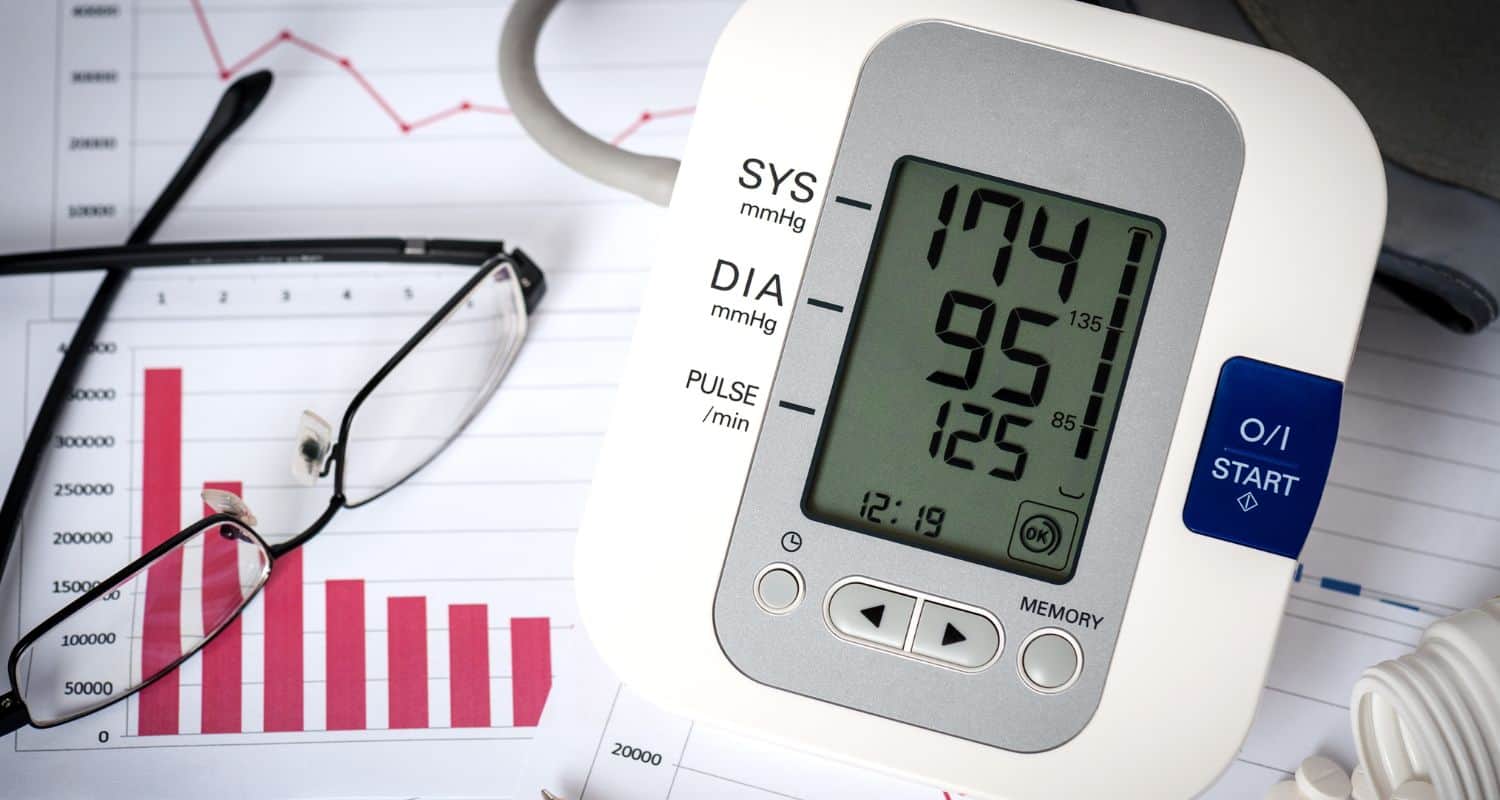High blood pressure is a common health concern that affects millions of people worldwide. But did you know that it can also impact your hearing health? High blood pressure, also known as hypertension, can damage your blood vessels, leading to a range of health problems, including hearing loss. In this blog, we’ll explore the link between high blood pressure and hearing loss, and what you can do to protect your hearing health.
What is High Blood Pressure?

High blood pressure, also known as hypertension, is a condition where the pressure of blood against the walls of arteries is consistently too high. This can cause damage to blood vessels, leading to an increased risk of heart disease, stroke, kidney damage, and other health issues.
One of the most concerning aspects of high blood pressure is that it often goes unnoticed. Dubbed the “silent killer,” it typically presents no symptoms, which means that many people are unaware that they have it until complications arise. Left untreated, high blood pressure can wreak havoc on the body and increase the risk of developing serious health problems.
How High Blood Pressure Affects Your Hearing
The human ear is a complex and intricate system that depends on a network of blood vessels and tiny hairs to process sound. Even minor damage to this system can have a significant impact on hearing ability.
High blood pressure can wreak havoc on blood vessels throughout the body, including those in the ears. Several studies have established a correlation between hypertension and higher rates of hearing loss. For example, research published in the National Center for Biotechnology Information (NCBI) revealed a robust association between arterial hypertension and hearing loss in individuals between 45 and 64 years of age.
The link between high blood pressure and hearing loss underscores the importance of managing hypertension and taking steps to prevent hearing damage. Patients with hypertension should work closely with their healthcare providers to identify the appropriate treatment plan to control their blood pressure and reduce the risk of hearing loss. Additionally, taking measures to prevent hearing loss, such as avoiding exposure to loud noise, can help preserve hearing function and overall health.
High Blood Pressure and Tinnitus
Recent research has shown a growing association between high blood pressure and hearing loss, and this connection can be traced back to how blood circulates in the body. According to the Centers for Disease Control and Prevention (CDC), high blood pressure is characterized by blood pressure measures that are consistently above normal.
Individuals with high blood pressure may experience tinnitus, which is a commonly reported symptom. In fact, a study published in the National Center for Biotechnology Information (NCBI) found that 44.4% of people with tinnitus also had hypertension.
The relationship between high blood pressure and tinnitus can be explained by the intricate network of vessels in the auditory system. Increased pressure in this system can result in tinnitus symptoms, such as a pulsing or pumping sound. If you experience these symptoms, it’s important to speak with your primary healthcare physician to explore appropriate treatment options. Taking proactive measures to manage hypertension and prevent tinnitus can help preserve your hearing health and overall well-being.
Prevention and Treatment
The good news is that there are steps you can take to prevent high blood pressure and protect your hearing health. These include:
- Eating a healthy diet that is low in salt and high in fruits, vegetables, and whole grains
- Maintaining a healthy weight
- Exercising regularly
- Managing stress levels
- Quitting smoking
- Limiting alcohol consumption
If you already have high blood pressure, it’s important to work with your doctor to manage it effectively. This may include taking medication, making lifestyle changes, or a combination of both.
In addition to these preventative measures, there are also treatment options available for hearing loss. Hearing aids are a common treatment option that can help improve your ability to hear and communicate with others. They work by amplifying sounds, making them louder and clearer.
At our hearing practice, we’re dedicated to helping people protect and improve their hearing health. If you’re experiencing any signs of hearing loss, or if you have high blood pressure and are concerned about the impact on your hearing, we encourage you to schedule an appointment with one of our hearing professionals. We offer a range of services, including hearing evaluations, hearing aid fittings, and assistive listening devices.